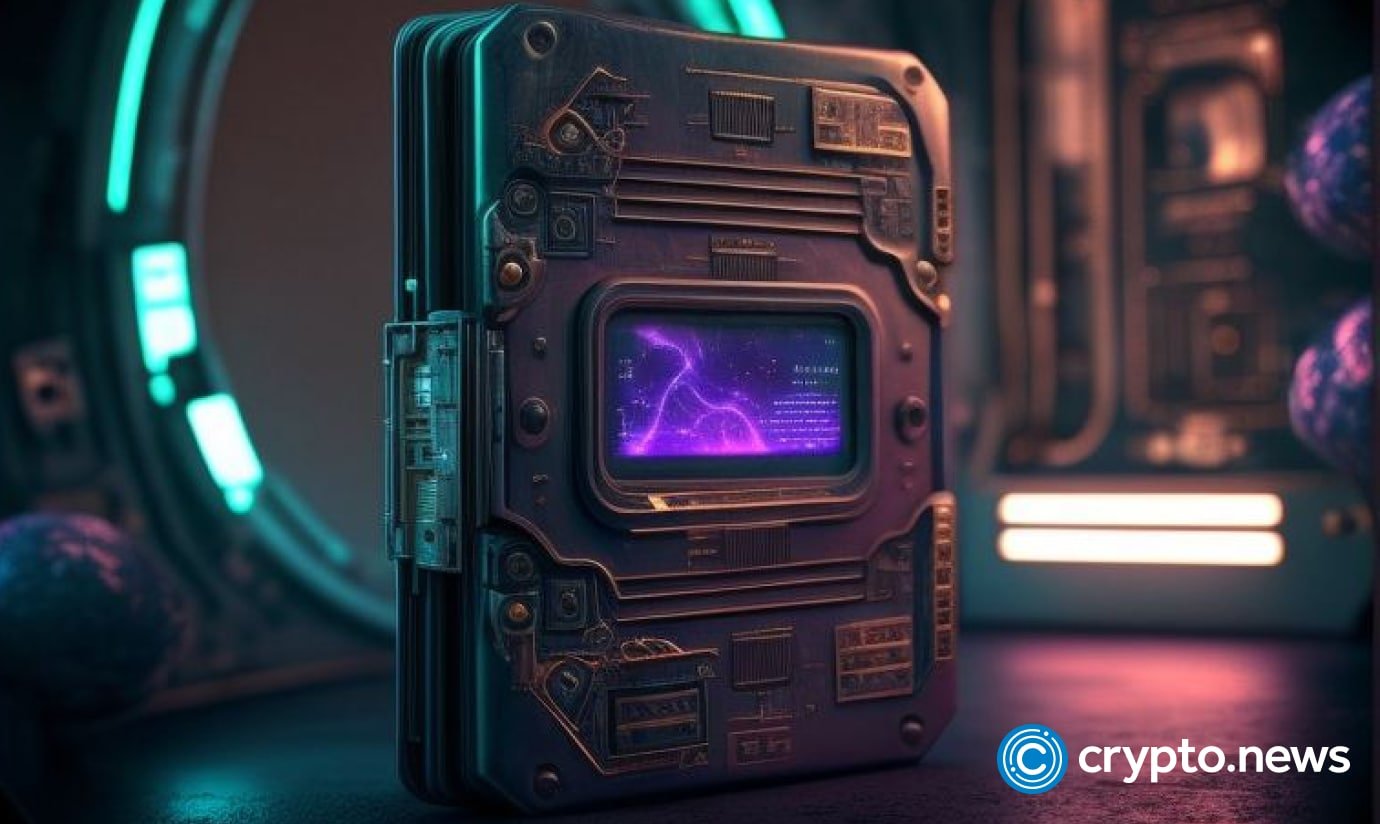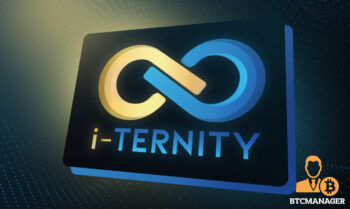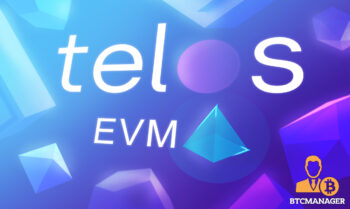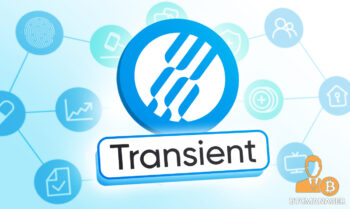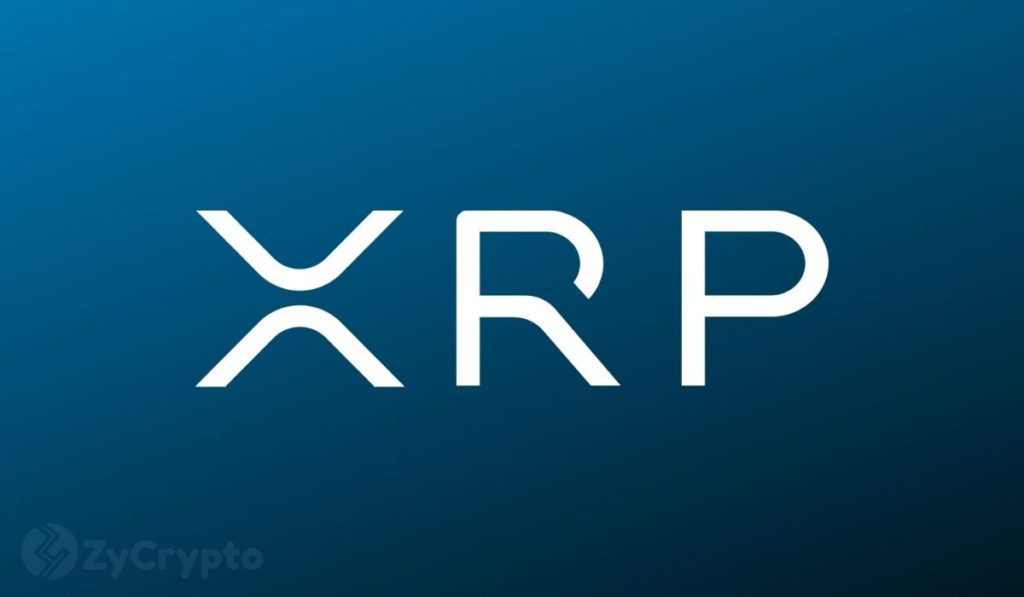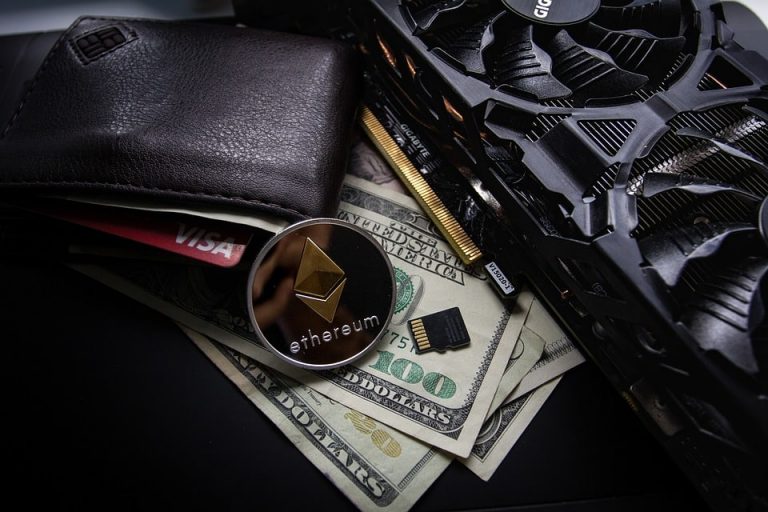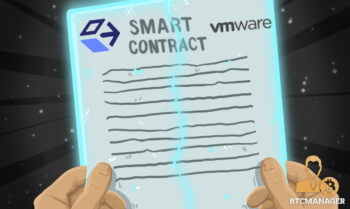2018-11-28 15:52 |
The United States Commodity Futures Trading Commission (CFTC) has released a guide on smart contracts. The goal is to educate American consumers on how smart contracts work and how they could play a role in the future.
“A Primer on Smart Contracts” was released by LabCFTC, the technology division of the CFTC. The CFTC is one of two major financial regulators in the country alongside the SEC.
This is one of the biggest smart contract guides published by a United States governmental organization. It’s a big deal for crypto because it indicates how far smart contract technology has come. Smart contracts are no longer a niche technological innovation: they’re playing an increasingly crucial role in organizations, financial systems, and business.
You can read the full 32-page report on CFTC.gov here. We’ve summarized some of the most important points below.
What Is A Smart Contract?The CFTC breaks down smart contracts in a no-nonsense way. Here’s how they define smart contracts:
“Fundamentally, a ‘smart contract’ is a set of coded computer functions.”
The CFTC adds that a smart contract has two core features:
The smart contract “may incorporate the elements of a binding contract (e.g., offer, acceptance, and consideration), or may simply execute certain terms of a contract The smart contract “allows self-executing computer code to take actions at specified times and/or based on reference to the occurrence or non-occurrence of an action or event (e.g. delivery of an asset, weather conditions, or change in a reference rate) “A Smart Contract Is Not Necessarily Smart”The CFTC also cautions that a smart contract is not inherently smart. Just like a smartphone, the intelligence of the product depends on the functions you input.
“The operation is only as smart as the information feed it receives and the machine code that directs it,”
explains the CFTC report.
A smart contract, for example, cannot be binding or enforceable if it violates the law. Not all smart contracts are automatically legally binding contracts. Some smart contracts govern gifts or other non-contractual transfers, for example.
Smart Contracts And Blockchain TechnologyThe CFTC report also explains how smart contracts and blockchain technology interact. Blockchains and distributed ledgers are mentioned several times throughout the report, along with other blockchain-based technologies like digital signatures and oracles. Here’s how the guide explains smart contracts and blockchain:
Digital Signatures:“Smart contracts use digital signatures – private cryptographic keys held by each party to verify participation and assent to agreed terms.”
Oracles:“Smart contracts use oracles – a mutually agreed upon, network-authenticated reference data provider (potentially a third-party); this is a source of information to determine actions and/or contractual outcomes, for example, commodity prices, weather data, interest rates, or an event occurrence.”
Self-Execution:“A smart contract will take actions…without further action by the counterparties.”
It’s self-executing because it executes itself based on the conditions input into the contract – say, the outcome of a football game.
Distributed Ledger:“Smart contracts can be stored and executed on a distributed ledger, an electronic record that is updated in real-time and intended to be maintained on geographically disperse servers or nodes.”
Blockchain:“Blockchain is a continuously growing database of permanent records, “blocks,” which are linked and secured using cryptography.”
The CFTC Explains That Smart Contracts Are A 22-Year Old ConceptMany people believe smart contracts originated with Ethereum back in 2014/2015. That’s not entirely true: Ethereum popularized the idea of blockchain-based smart contracts and a global distributed computer. The origins of smart contracts, however, go back much further.
The CFTC report mentions the contributions of computer scientist Nick Szabo. In 1996, Szabo published a paper titled, “Smart Contracts Building Blocks for Digital Markets.” Szabo theorized how smart contracts could be secured by code.
If the name Nick Szabo sounds familiar, then you may have seen him in Satoshi lore: he’s one of a handful of people believed to have the skills and background necessary to create the bitcoin protocol. Some believe he’s Satoshi Nakamoto. Satoshi actually referenced the work of Nick Szabo in the original bitcoin whitepaper.
The CFTC quotes the following passage from Szabo’s 1996 paper. That paper marks the first mention of smart contracts in history:
“A smart contract is a set of promises, specified in digital form, including protocols within which the parties perform on the other promises…The basic idea of smart contracts is that many kinds of contractual clauses (such as liens, bonding delineation of property rights, etc.) can be embedded in the hardware and software we deal with, in such a way as to make breach of contract expensive (if desired, sometimes prohibitively so) for the breacher.”
How Will Smart Contracts Be Used In The Future?Finally, the CFTC report outlines the possible benefits and uses of smart contracts as they continue to be integrated into our daily lives.
Benefits and uses include:
Regulatory innovations, including built-in regulatory compliance systems secured by smart contracts (Company X can’t sell X number of shares of Company B until X number of days have passed) Business innovations, including using smart contracts to automate the flow of digital assets and payments Standardization, including standardized code and execution that can reduce the costs of negotiations and agreements Automated, efficient economies that remove unnecessary manual processes Encrypted, secured transactions stored on an immutable ledger permanently Self-executing insurance contracts (if an X storm occurs according to the US Weather Service oracle, then Insurance Company B will pay Insurance Customer A compensation) Transportation rental agreements (the rider uses a smart contract to rent a ride and deposit money, and the smart contract secures access to the bike until the smart contract is closed) How Will The CFTC Regulate Smart Contracts Moving Forward?The most interesting part of the report comes at the end when the CFTC explains how it plans to regulate smart contracts and blockchain technology moving forward.
“The CFTC’s mission is to foster open, transparent, competitive, and financially sound markets,”
explains the CFTC report.
The CFTC doesn’t have a problem with smart contracts. The organization does, however, have a problem with certain illegal ways in which a smart contract may be used. Some of those ways could include:
To unlawfully circumvent rules and protections To reduce transparency and accountability To impede market integrity To introduce operational, technical, or cybersecurity risk To commit fraudulent activities or manipulate marketsWith that in mind, the CFTC’s goal, according to the report, will be to encourage the use of smart contracts for legal and productive activities while limiting the use of smart contracts for illegal, manipulative activities.
Similar to Notcoin - TapSwap on Solana Airdrops In 2024
SmartCash (SMART) на Currencies.ru
|
|

